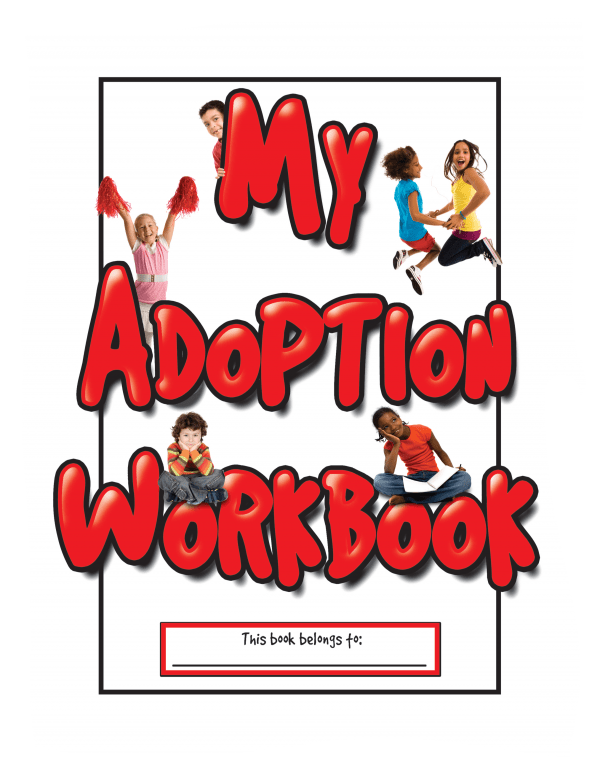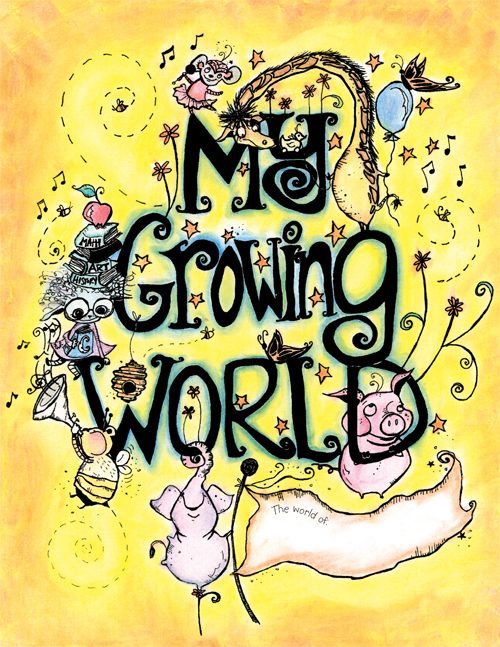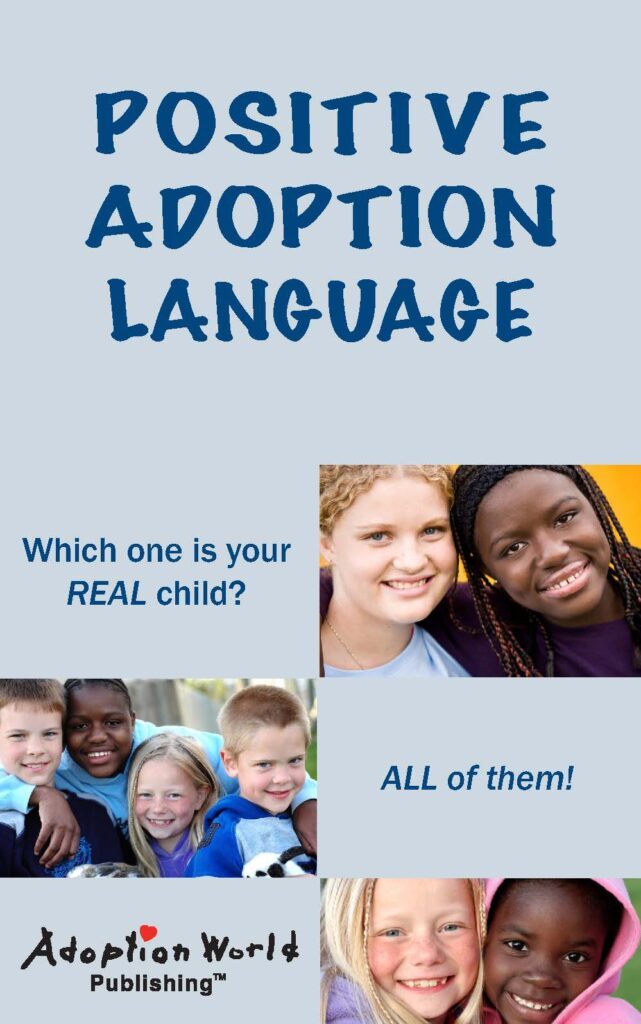Valuable resources to guide you through the Adoption and Foster Care process.
Our lifebooks and publications provide the essential information and support needed for adoptive parents, foster caregivers, and professionals to navigate each step with confidence.
Adoption World Publishing has been providing therapeutic adoption and foster lifebooks since 1993.
The original owners, Donna Barnes and her daughter Theresa McCoy, LBSW, authored most of our publications. Their love for foster care and adoption is reflected in their home, work, and lifestyle. In 2015, the husband-and-wife team of Mark and Susan Readnour purchased Adoption World Publishing.
Our Publications




The Real Me Teen Lifebook
The One and Only Me Lifebook
My Adoption Workbook
My Growing World
Kind Words
“[My Growing World] is interactive, giving opportunities for youngsters to document their memories of life before care, as well as their emotions.”
spring 2010 Editor's choice
“I will be using My Growing World with all of my children. The book is engaging and therapeutic. I wish I would have had this when I was young!
Billings, MT
“The illustrations are amazing and the kids love it! They think of therapy as fun now and are ready to sit down with the book anytime.”
georgia
Free Downloads

